7 Foods With Rising Prices After New Tariffs, Store Owners Say
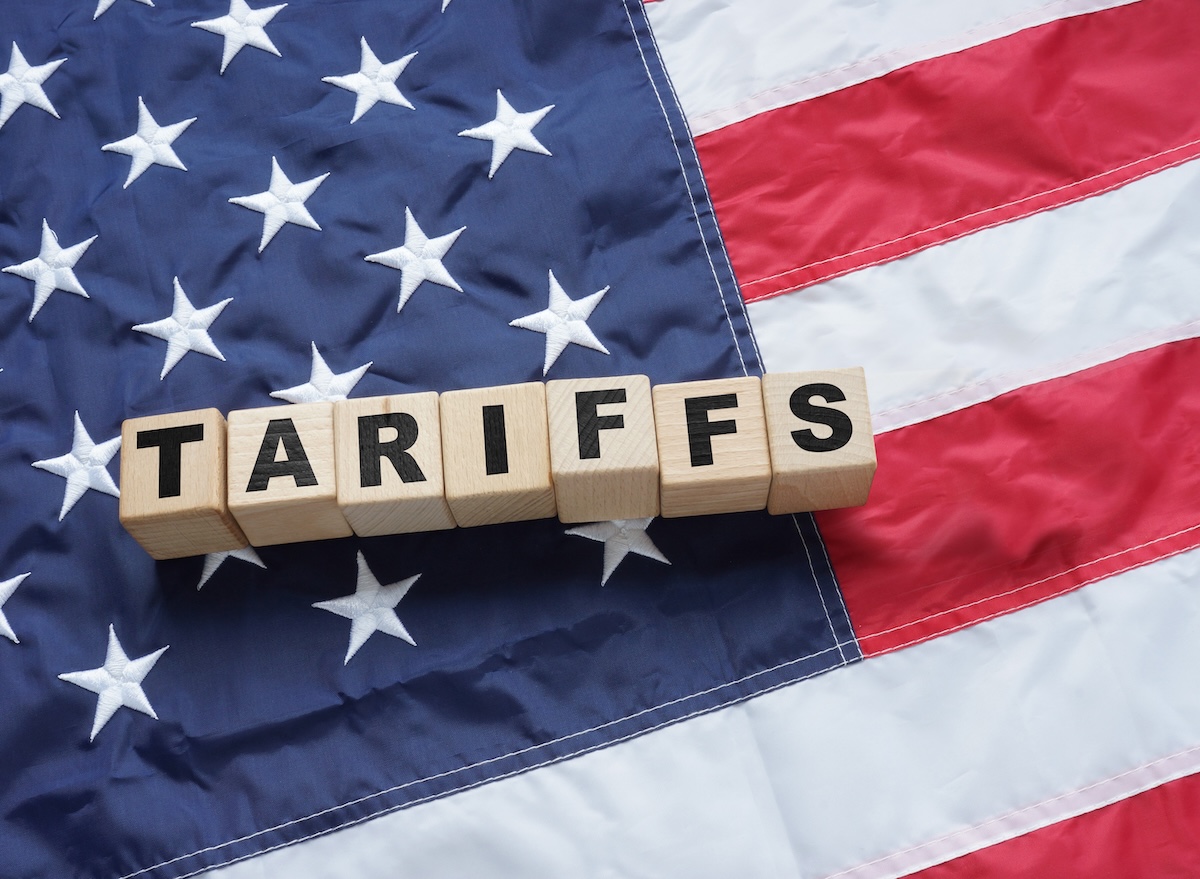
Small specialty stores offer communities hard-to-find items that are often imported, but now loyal customers and shop owners face challenges because of President Trump’s new round of tariffs. Consumers will start seeing prices rise for certain products as a result and while costs go up, American’s paychecks are not and prices are outpacing what people are bringing home. It’s an issue for consumers and store owners, but many are trying to keep household basics from soaring for the time being. On August 1, Trump is raising the tariffs on several countries unless his demands are met. Here’s a list of the tariff amounts and countries per NPR. Food costs are already soaring due to his previous tariffs on Mexico, China, Canada, India and other key countries the U.S. trades with making it difficult for local grocery shops, but it could get worse. “The prices that we’re paying from wholesalers have not changed yet,” Gavin McLaughlin, store manager of the Mecklenburg County Market in Charlotte, N.C. told Spectrum News. “But, I have talked to some of the local farmers, and they’ve pointed out that a lot of their prices are going up.” Here’s 7 food items customers can expect to see increase, according to store owners.
Blueberries
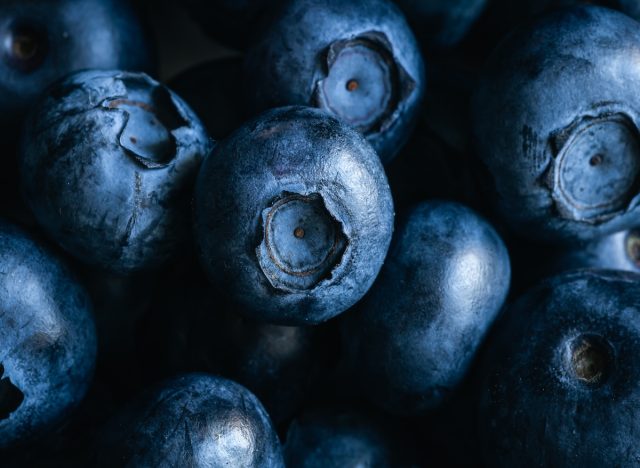
Whether you love them on top of yogurt, pancakes or just plain, blueberries are refreshing and healthy. But they’re about to go up in price, according to McLaughlin. “Blueberry prices do fluctuate up and down throughout the year and until we get local berries in,” he told the outlet. “A lot of our blueberries that are not grown locally, that come from out of the country like Argentina and Peru, those prices have increased drastically. The customer could be paying anywhere from $3 to $5 more per pound on blueberries in the coming weeks. But, that is not totally out of the ordinary. For this time of year, I have seen blueberries go up to $40 and $60 for a case.”
Food Packing Containers
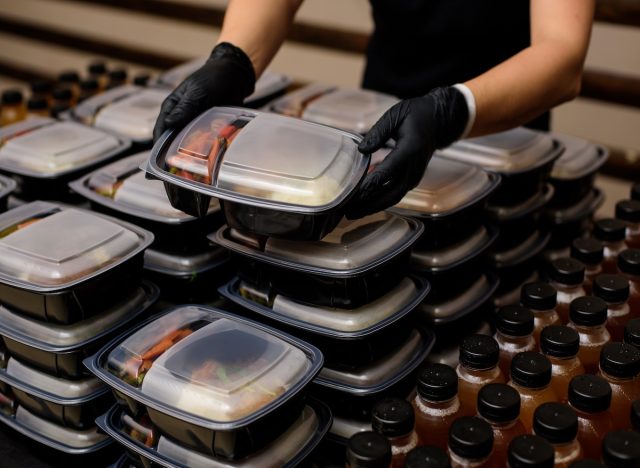
It’s not just food that is going to skyrocket, it’s also packaging. McLaughlin’s mother makes souls, salad dressings and meals that she packages and sells to Mecklenburg County Market. Right now each container is .50 cents, but that could double. “I don’t think that the prices that we are paying for produce packaging and for prepared foods packaging have gone up enough for us to increase our prices, but that could change in the coming weeks,” McLaughlin said. To keep costs down, McLaughlin says to buy local. “Local farmers tend to have cheaper prices because when we’re importing stuff from Florida, other countries or California. We’re already going to be paying more for those items than we will from local farmers because they don’t have to be transported as far,” he said.
Atta Whole-Wheat Flour
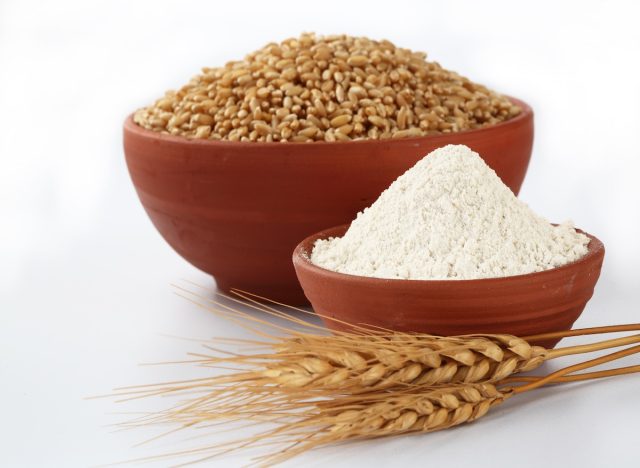
Indian Grocery and Chaat is a beloved Asian-Indian store in Modesto, CA that’s fully stocked with anything you need to make homemade Indian food. You can also stop in for a quick meal at the in-store restaurant. It’s a go-to in the area that’s always packed, but when Trump announced his tariffs, daily customers went from 400 to 200. “The price of everything else is increasing,” Lovepreet Singh, the store’s owner, told the Modesto Bee. “And because of tariffs, there are some items that we can’t even import.” Atta, a whole-what flour used to make various breads, is one of the most sought after items at the store, but it’s too costly now. An imported bag of atta typically cost $12 and $14, per Singh, but now the price has doubled “Before the tariffs, people would often buy items in bulk or buy $100 worth of groceries,” Singh said. “Customers know about the rising prices and are shopping less because of that.”
Nuts
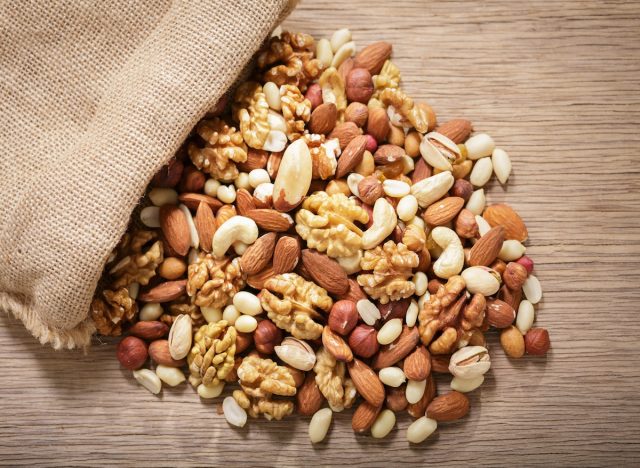
The Afghan International Market & Restaurant in Modesto is also feeling the effects of Trump’s tariffs. The store gets their dried fruits and nuts from Afghanistan, Iran and Turkey and all of the countries face a 10% tariff. Pistachios imported from Iran and Turkey are a must-have for customers, but the price is now unaffordable for many. According to Mohamed Quadri, the store’s owner told the Modesto Bee the price has jumped from $8 to $12 per pound. “The Persian and Afghan community really depends on us,” Quadri said. “Some people have asked about the rising prices, but also everyone is seeing the impact of inflation and knows what is happening.”
Coffee

Bad news for international coffee lovers. Prices are going up. Middle East Bakery in Chicago’s Andersonville’s neighborhood has been serving customers since 1981, but the owner Khalifeh Hashim is concerned about tariffs. Coffee imported from Turkey and Europe is an item his customers count on, but prices are increasing. “All the companies have already told us that the prices are going to increase by 10 to 25 percent,” he told Borderless Magazine. “Companies have shared that “at the end of the month, maybe we’ll be out of stuff… so much stuff comes from China.” He added, “Coffee prices are already up due to supply shortages, but could rise another 20-25% under the new tariffs,” Hashim said. “The dark chocolate espresso bean was $5.99, and now it costs $9.99—almost doubled.”
Chocolate
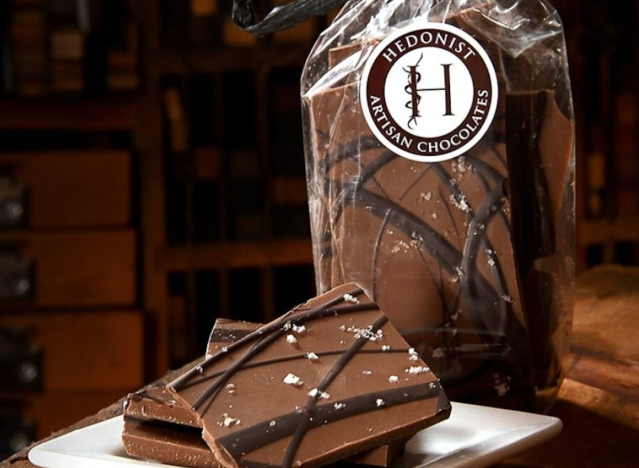
Jennifer Posey started the popular Hedonist Artisan Chocolates in Rochester, New York nearly 20 years ago. She weathered the 2008 recession and the pandemic, but is worried about the tariffs. “Our main ingredient, which is chocolate, or cacao, comes from all along the equator,” Posey told local news station News 10. “And we use blends a lot from South America. And so we import all of our chocolate.” While her company relies on local sources for fruit and dairy, Hedonist imports chocolate. “And each time chocolate is made at a place, and it’s given to a distributor, and that’s given to another distributor, which is then given to us,” Posey said. “So there are different companies, organizations that have their hands in it that are going to make an increase and then another increase.” To survive the wave of tariffs, Posey is contemplating raising prices while eliminating some items from the menu. “We’ll see what happens,” Posey said. “We’re going to do our best, you know, people love Hedonist Chocolates, we love making it, so we’re just going to do our best we can with what we’ve got.”
Chinese Goods

Chinese specialty stores like Asian Market at 2425 in Modesto are getting hit hard with skyrocketing costs. At one point there was a 145% markup on goods from China but now faces a 30% per NPR. The store’s owner Trong Vuong told the Modesto Bee prices have been steady with the exception of imported Chinese goods, but for now he isn’t raising prices on household essentials like noodles or rice. “I try to keep my prices affordable for customers right now since a lot of people are going through hard times,” Vuong said. “There’s a lot of people who don’t have work. Companies are cutting back on employees and stuff. So everybody’s watching their dollar.”